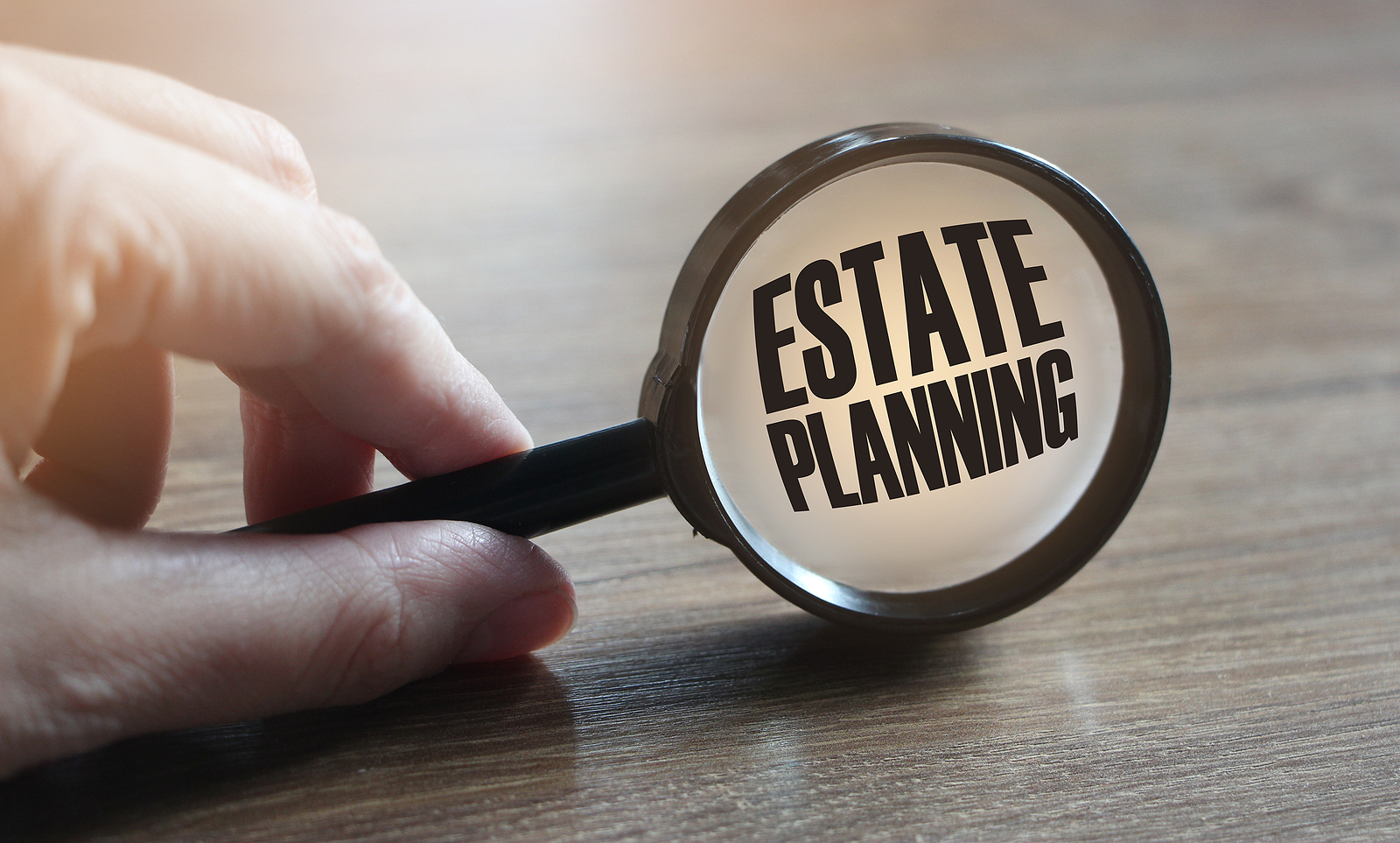Protect Yourself and Your Assets Through Estate Planning
Protect Yourself and Your Assets Through Estate Planning
Basic estate planning is something that everyone should do. Regardless of your age, marital status, and if you’re a parent or not. It is a great way to protect yourself and your assets.
According to a 2021 poll by Gallup, slightly half of U.S. adults (46%) have a will that dictates what happens to their assets when they die. Other findings from the May 2021 poll include:
- Americans aged 65 and older are the most likely subgroup to have a will. With just over three-quarters saying they have one. Each younger age group is significantly less likely to have a will. Including just 20% of adults under age 30.
- Additionally, upper-income Americans are much more likely than lower-income Americans to report having a will.
- There are also large differences by education and race, with greater proportions of college graduates and White Americans than college nongraduates and non-White Americans saying they have a will.
- The results of this poll are similar to ones conducted since 1990 and illustrate the need for American’s to take estate planning seriously to ensure their assets transfer quickly to their heirs. A formal estate plan should be drafted by a qualified legal professional and include the following:
A Will to Protect Yourself and Your Assets
A will determines where assets that don’t have a beneficiary listed will go. Everyday items listed should include your home (if paid off), cars, collections, even household items. Bank Accounts and even brokerage accounts with no beneficiary listed should be in your will and estate plan. With the terminology appropriate to these types of assets.
An ‘Executor’ of your estate
Commonly, this is a relative or friend, but a professional manager may need to be considered in more complex cases where there are substantial assets.
A Guardian for your under-aged children
If you have a young family, your estate plan should include who you would like to care for your children if both parents are deceased. Without this directive, protecting yourself and your assets is difficult. In addition, the state of your residence decides who will be the guardian of your children. Without naming a guardian, your children may be with someone you wouldn’t prefer otherwise. If a child has special needs, planning for the child’s care now. In addition, after age 18 throughout their adulthood must be considered.
Medical Power of Attorney
Commonly, spouses list each other as medical power of attorney. But you have the full authority to list anyone you choose. A Medical Power of Attorney makes medical decisions for you when you’re incapacitated to do so for yourself.
Financial Power of Attorney
This individual or individuals have the authority to pay your bills. In addition, manage your finances for you if you are unable to yourself. Choosing a Financial Power of Attorney is critical if you require extended medical or nursing care so your bills are current and you can remain in the care facility. Without having a Financial Power of Attorney named, your assets are seized and liquidated by the state to pay your bills, even if you have the assets to pay.
Trust Document
A Living Trust allows you to pass assets without going through probate and allows someone else to handle your financial affairs if you’re unable. A trust document names the ‘trustees,’ who the trust benefits, and a successor trustee who will take over when the trustees cannot manage their affairs or pass away. A Trust Document is a crucial element in estate planning. This is a great way to protect yourself and your assets.
Although these are the main parts of an estate plan, they may not be all you need depending on your unique situation. Working with your financial, legal, and tax professionals helps ensure that your dreams are carried out the way that is best for you and how you intended.
SWG1949761-1221c
The sources used to prepare this material are believed to be true, accurate and reliable, but are not guaranteed. This information is provided as general information and is not intended to be specific financial or tax guidance. When you access a link you are leaving our website and assume total responsibility for your use of the website you are linking to. We make no representation as to the completeness or accuracy of information provided at this website. Nor is the company liable for any direct or indirect technical or system issues or any consequences arising out of your access to or your use of third-party technologies, websites, information and programs made available through this website.
In conclusion, at Financial Security Management Agency, Inc. we believe that you shouldn’t have to do it alone. If you need help with retirement planning or creating tax-advantaged retirement strategies, we can help you. In addition, contact us today to schedule a free consultation. Remember don’t do it alone!






